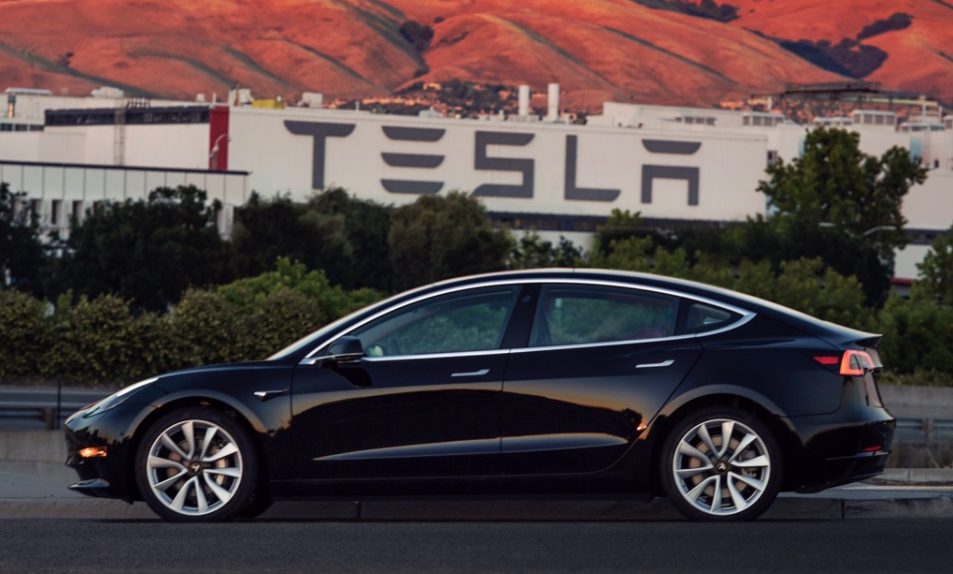In the space of a week, Tesla and the National Transportation Safety Board have gone from cooperating on the investigation of last month’s fatal Tesla crash to a nearly complete war. Earlier today, Tesla put out a statement saying “Today, Tesla withdrew from the party agreement with the NTSB because it requires that we not release information about Autopilot to the public, a requirement which we believe fundamentally affects public safety negatively.”
But shortly after Tesla put out its statement, the NTSB hit back with its own (very different) version of events. “The National Transportation Safety Board announced Thursday the removal of Tesla as a party to the NTSB’s investigation,” a press release said, adding that “the NTSB took this action because Tesla violated the party agreement by releasing investigative information before it was vetted and confirmed by the NTSB. Such releases of incomplete information often lead to speculation and incorrect assumptions about the probable cause of a crash, which does a disservice to the investigative process and the traveling public.”
This kind of “I’m not fired, I’m quitting!” doesn’t look great for any company, let alone one that’s trying to deal with a public perception that its driver-assist features may be unsafe. So, late this afternoon, Tesla issued yet another statement:
Last week, in a conversation with the NTSB, we were told that if we made additional statements before their 12-24 month investigative process is complete, we would no longer be a party to the investigation agreement. On Tuesday, we chose to withdraw from the agreement and issued a statement to correct misleading claims that had been made about Autopilot — claims which made it seem as though Autopilot creates safety problems when the opposite is true. In the US, there is one automotive fatality every 86 million miles across all vehicles. For Tesla, there is one fatality, including known pedestrian fatalities, every 320 million miles in vehicles equipped with Autopilot hardware. If you are driving a Tesla equipped with Autopilot hardware, you are 3.7 times less likely to be involved in a fatal accident and this continues to improve.
It’s been clear in our conversations with the NTSB that they’re more concerned with press headlines than actually promoting safety. Among other things, they repeatedly released partial bits of incomplete information to the media in violation of their own rules, at the same time that they were trying to prevent us from telling all the facts. We don’t believe this is right and we will be making an official complaint to Congress. We will also be issuing a Freedom Of Information Act request to understand the reasoning behind their focus on the safest cars in America while they ignore the cars that are the least safe. Perhaps there is a sound rationale for this, but we cannot imagine what that could possibly be.
The statement went on to tout Tesla’s safety records and the praise that its Autopilot system has received from the NTSB — something that’s not really at question here.
The rapid about-face on Tesla’s stance towards the NTSB is the really interesting thing here, however. Tesla has publicly maintained a good working relationship with the NTSB, and it’s still party to other investigations into other Tesla accidents. Saying that the NTSB is “more concerned with press headlines than actually promoting safety,” announcing that Tesla will be complaining to Congress, and maligning the NTSB as “not a regulatory body” but only an “advisory body” are all steps that seem designed to discredit the NTSB’s investigation and its findings. For a company working on the front line of autonomous driving research, those seem like very dangerous moves indeed.










